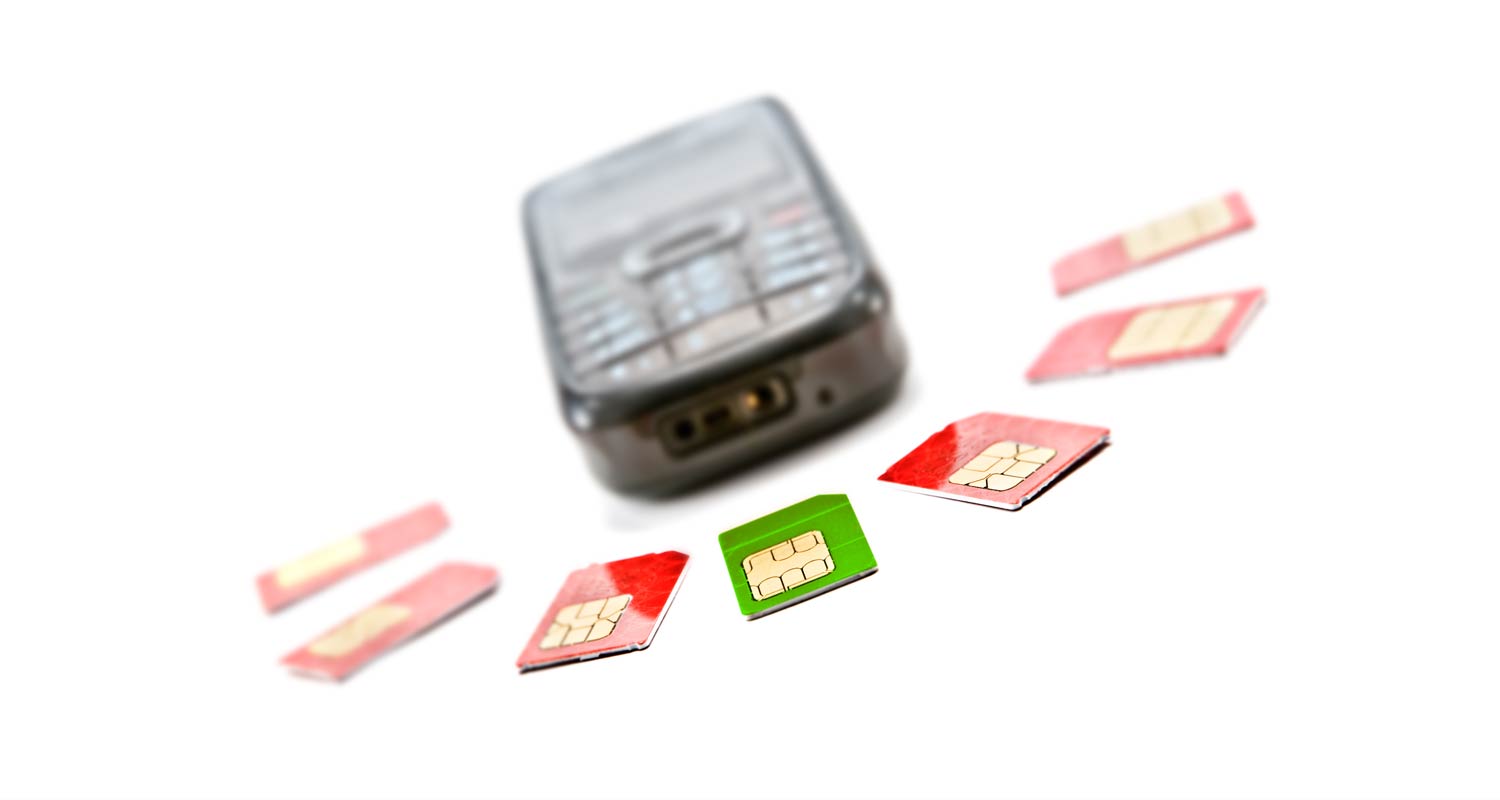Try our mobile app

Communications regulator Icasa wants to move the administration of the Rica Act, South Africa’s Sim card registration law, away from the department of justice and under its own oversight. This is according to a presentation by Icasa to parliament’s portfolio committee on communications & digital technologies, in which it said the “challenge of the proliferation of registered Sims impacts Icasa’s ability to efficiently manage the use of numbering resources”. “There is a direct correlation between the responsibilities of the DoJ and those of Icasa in as far as Sim registration is concerned, since Rica and the Electronics Communications Act mandate Icasa to manage the numbering resources of South Africa,” Siya Nkamisa, acting executive for regions and consumer affairs at Icasa, said in the presentation. Rica and the Electronics Communications Act mandate Icasa to manage the numbering resources of South Africa “We have a mandate to regulate the efficient use of numbering resources and that talks directly to how many Sim cards will be in use, which then has a bearing on the management strategy for phone numbers as a result of unregistered Sim cards.” According to Nkamisa, Icasa’s lack of oversight of the Rica database, which is administered by the DoJ, makes it difficult for Icasa to enforce numbering regulations effectively, while also opening the door to criminal actors to take advantage of improperly registered Sims. Rica was gazetted two decades ago to protect South African cellphone user data through the regulation of interception by companies and law enforcement. On the flipside, Rica’s stipulations regarding Sim card registration were designed to help trace criminal communications with a view to combating crime. Under fire Rica’s Sim card registration rules have come under fire as they are easily and widely circumvented by vendors who do bulk registrations and sell pre-registered Sim cards to customers. This allows criminal syndicates to facilitate communications regarding unlawful activities using Sim cards that are not registered in their own names, making it difficult for law enforcement personnel to trace the communications back to the people involved. Democratic Alliance MP and party spokeswoman on correctional services Kabelo Kgobisa-Ngcaba told TechCentral in a February interview that Rica needs to be relooked and new rules introduced to make it tougher for users to acquire pre-registered Sims. According to police minister Senzo Mchunu, around 62% of extortion cases investigated by the police involve the use of unregistered Sims. Read: DA calls for tougher Rica rules in crime fight Securi-Tech, a company specialising in secure Sim packaging, estimates that up to 60 million Sim cards are incorrectly registered in South Africa each year. Icasa’s Nkamisa in his presentation to parliament said one of the reasons the administration of Rica ought to move over to Icasa is that it has the authority to ensure that mobile operators register the Sim cards they produce correctly and respond appropriately to lawful requests for the interception of information. However, since Icasa has no access to the Rica database, enforcing these regulations becomes difficult for Icasa to administer. In a review of Rica regulations conducted by Icasa, the regulator has requested access to the Rica database from the DoJ, with a view of taking over the entire Sim registration process. Should this request fail, Icasa has requested that a biometric feature be added to the Sim card registration process to force new activations to check against the population registry at home affairs, thereby limiting bulk registrations. “The authority is currently considering its position going forward on whether it would be better placed to regulate the sim registration process with a view manage the allocation of numbers efficiently,” said Nkamisa. – © 2025 NewsCentral Media Get breaking news from TechCentral on WhatsApp. Sign up here . Don’t miss: Sim card insanity in South Africa